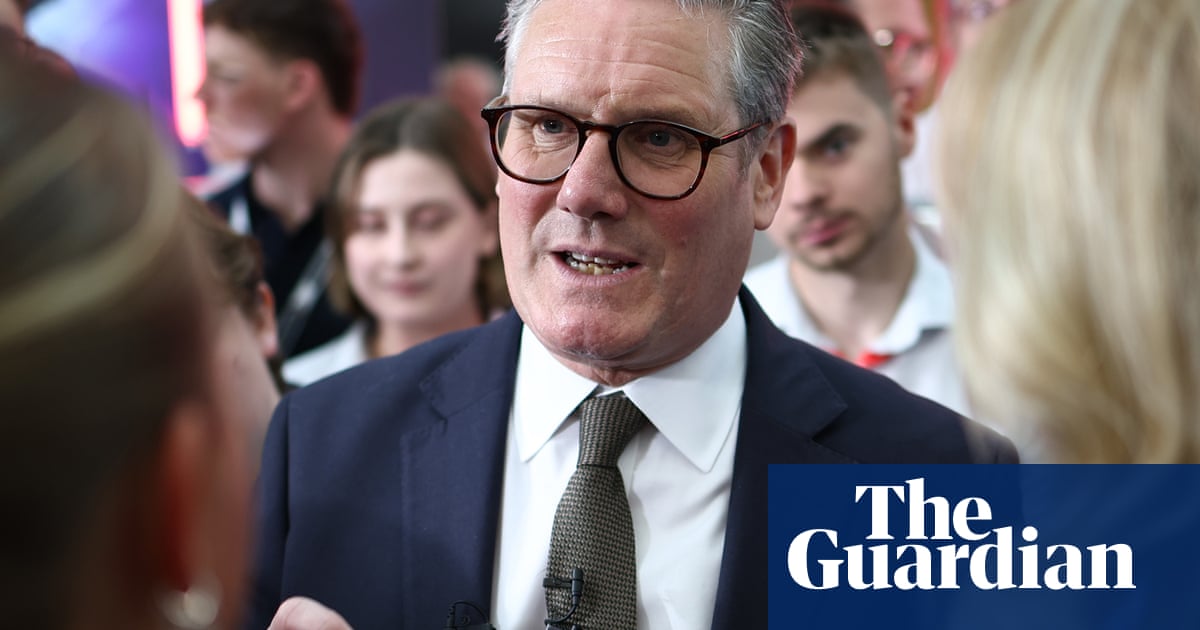Downing Street has been accused of being “completely tone deaf” to the damage wreaked bywinter fuel cutsas new polling suggested two-thirds of voters would back a rethink on the policy.
Senior Labour ministers have privately warned the policy is an electoral disaster while Eluned Morgan, the Welsh first minister, said she was“losing patience” with UK Labouras she urged the government to think again.
TheLabourpeer Ayesha Hazarika, a former adviser to Ed Miliband when he was party leader, warned of the “anger and political damage” the policy had caused. “If the government wanted to show it was listening, this would be a good start,” she said.
The veteran Labour MPDiane Abbottposted on X: “Reviewing it is not enough for pensioners. It is also not enough to restore Labour’s battered reputation. The winter fuel allowance must be restored in full.”
The Liberal Democrat deputy leader, Daisy Cooper, said the refusal to change course was “a completely tone deaf” response to the local elections.
“The public are rightly furious at the government’s decision to rip vital support from millions of the most vulnerable, yet ministers simply are not listening.”
Keir Starmer’s senior team has been discussing how to handle public anger over the policy and, while a full reversal is not expected, they have beenconsidering raising the £11,500 thresholdover which pensioners are no longer eligible.
No 10 mounted an operation to shut down speculation that it could tweak the policy on Tuesday, with the prime minister’s spokesperson telling reporters there would be “no change” despite political and public pressure to do so.
“The government has set out its policies and the reasons behind these policies. There is no change to the government policy,” he added.
A No 10 source said that raising the threshold would require an increasing eligibility for pension credit, which would wipe out any savings.
However, Wes Streeting, the health secretary, said the government was “reflecting” on the message it had been sent by voters as he admitted that winter fuel cuts had been an issue on the doorstep.
It came as polling from More in Common found two-thirds of voters would back a full U-turn on the policy, including 75% of Reform voters, 68% of Labour voters and 84% of those who back the Tories. Increasing the threshold was supported by 63% of all voters.
In findings that could bolster those inside government advocating a rethink, six in 10 people said they would think better of the government if it reinstated the full winter fuel allowance, rising to two-thirds among those who had abandoned Labour since the election – while only one in five said they would think worse of it.
Exactly half of voters said they would see the government as stronger if it increased the minimum income at which people could receive the winter fuel payment, including 57% of Labour switchers.
Crucially, people were twice as likely to say a reversal on winter fuel would make the government look stronger rather than weaker, suggesting that the idea a U-turn would be politically damaging may be misplaced.
The prime minister’s press secretary said the government would not be “blown off course” after the local election results, despite growing anxiety at the top of the party that the policy could wreak serious electoral damage.
The issue was discussed around the cabinet table on Tuesday. “I was really clear that most prime ministers, after a disappointing set of results like that, would get in the warm bath of saying: ‘Well, it’s the electoral cycle, it was close,’” Starmer said.
“I’m not going to do that. I think it’s really important that we indicate to voters that we get it.
“I think we need to explain the decisions that we’ve taken. We had to stop the chaos, we had to stabilise our economy and that’s what we’ve done.”
